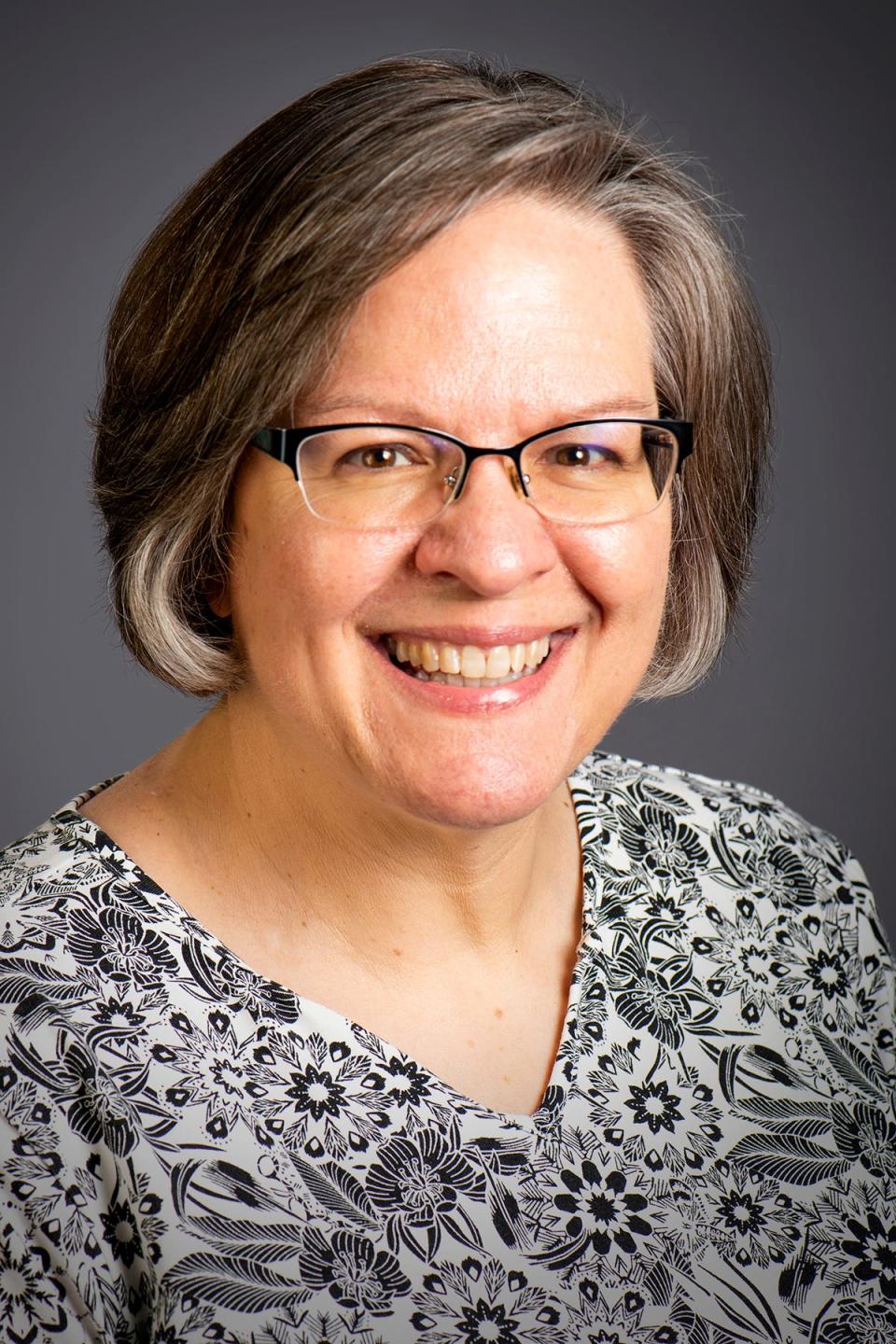Another View: More than words
Most people generally understand that speech-language pathologists, as the name implies, work with speech and language problems or communication deficits. However, these professionals also work often with people experiencing difficulty with one of humanity’s most instinctive skills — swallowing.
May is Better Speech & Hearing Month and Pediatric Feeding Disorders Awareness Month. And in recognition, let’s shed some light on this underappreciated aspect of speech-language pathologists’ work.
These professionals often work with people with dysphagia, or difficulty swallowing, and children with pediatric feeding disorders, which are difficulties associated with problems from medical, nutrition, feeding skill or psychosocial issues.

The seemingly simple task of swallowing is something that we all do approximately 600 times per day and is quite complex. Most of us take eating and swallowing for granted; however, for those with dysphagia or pediatric feeding disorder, swallowing requires conscious effort and can be life-threatening. Untreated feeding and swallowing problems can lead to weight loss, lack of proper nutrition and decreased quality of life.
People with dysphagia will avoid going out to eat or eating with friends because of embarrassment or what they must eat and drink. For kids with feeding and/or swallowing difficulty, eating is not fun; it can be scary, painful or just too hard to do.
Chances are you or someone you know will experience feeding and/or swallowing difficulty. Stop and think of someone you know who has had a stroke, Parkinson’s disease, cancer of the head or neck. Or perhaps a child or grandchild born too soon.
Swallowing problems can occur at any age. Infants and children with feeding and swallowing difficulty may struggle to eat, chew or manage their food. For infants and children, many illnesses, diseases, prematurity and/or congenital defects may lead to feeding and swallowing problems. Likewise, many illnesses, diseases or neurological issues may lead to difficulty with swallowing for adults or elderly individuals.
How common are these issues? A few facts:
One in 25 adults will experience dysphagia, and 60 percent of adults will not seek help, according to a 2014 study by Dr. Neil Bhattacharyya. Dysphagia will strike 50 to 60 percent of head and neck cancer survivors, while more than 2 million children a year in the United States will face a pediatric feeding disorder.
Children with feeding and swallowing problems experience significant weight loss, malnutrition impacting growth, and depend on tube feeding for their nutritional support, according to the American Speech-Language-Hearing Association. And an estimated 60,000 Americans die each year from complications associated with dysphagia, according to the National Foundation of Swallowing Disorders.
Those aren’t the only costs. Approximately $7 billion in additional hospital costs are incurred each year due to dysphagia, according to a 2018 study in “Diseases of the Esophagus,” which found that patients with dysphagia need more care, have longer hospital stays, higher costs, and worse outcomes.
Feeding and swallowing problems can impact anyone, and the effects can be devastating. Yet, there is hope. Speech-language pathologists can help improve feeding and swallowing difficulties with therapy. Ask your pediatrician or primary care physician to consider sending a referral for speech/language therapy for feeding and/or swallowing difficulty.
If you or your loved one have any concerns related to speech, language, hearing, voice, and/or feeding and swallowing, please reach out to West Texas A&M University Speech & Hearing Clinic for assistance at 806-651-5101.
Lisa Rollin is an academic and clinical instructor of communication disorders in West Texas A&M University’s Department of Communication Disorders in the College of Nursing and Health Sciences, where she has taught since 2017. She earned bachelor’s and master’s degrees in communication disorders from Southwest Texas State University. She is currently working on her Ph.D. in health studies with an emphasis in communication sciences. She is certified by the American Speech-Language-Hearing Association and licensed in Texas. The comments here represent her own opinions, not those of WT.
This article originally appeared on Amarillo Globe-News: Another View: More than words

